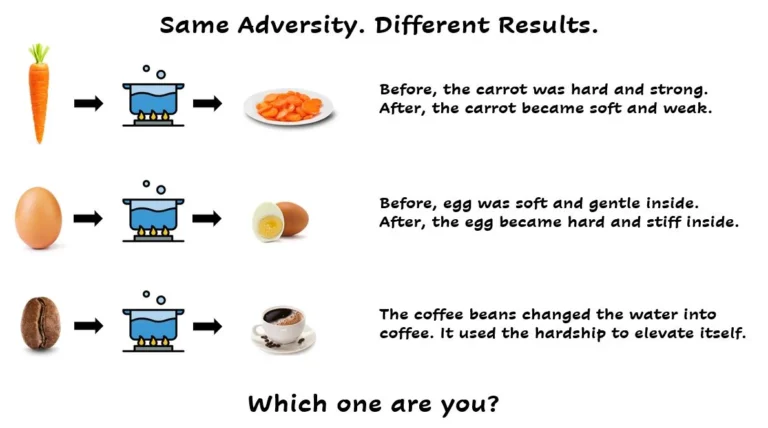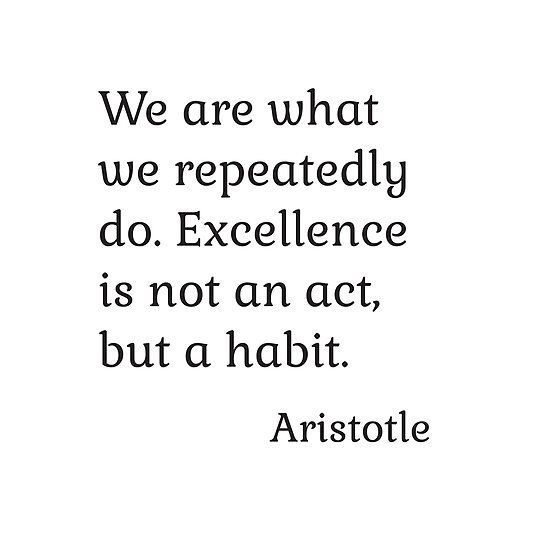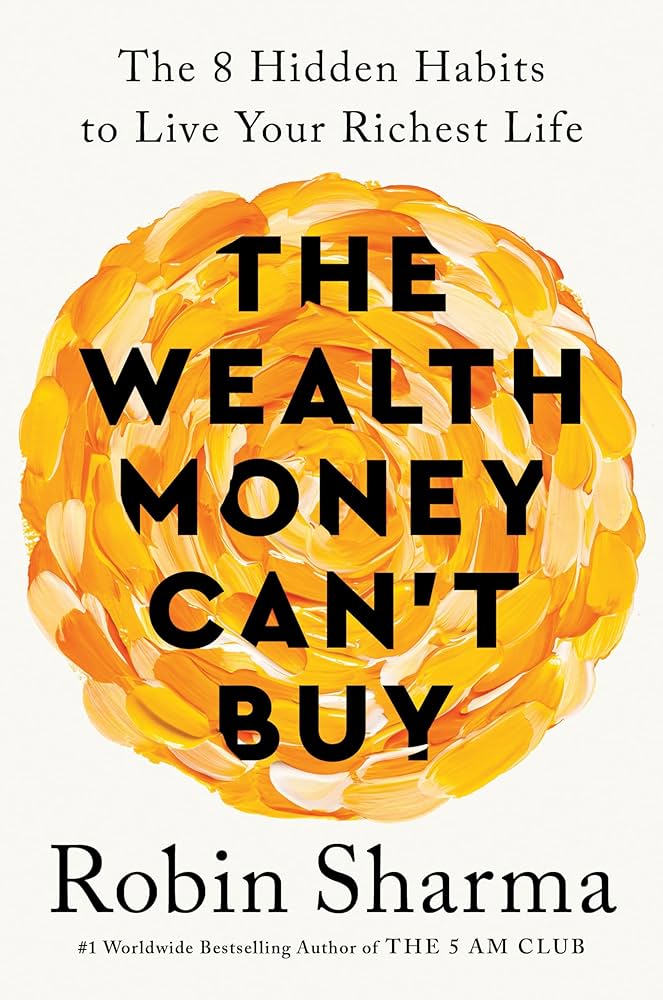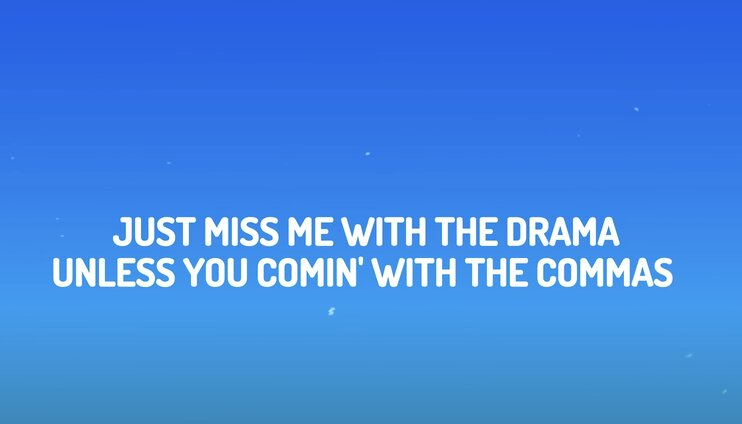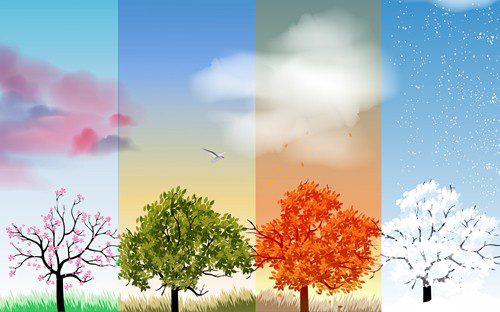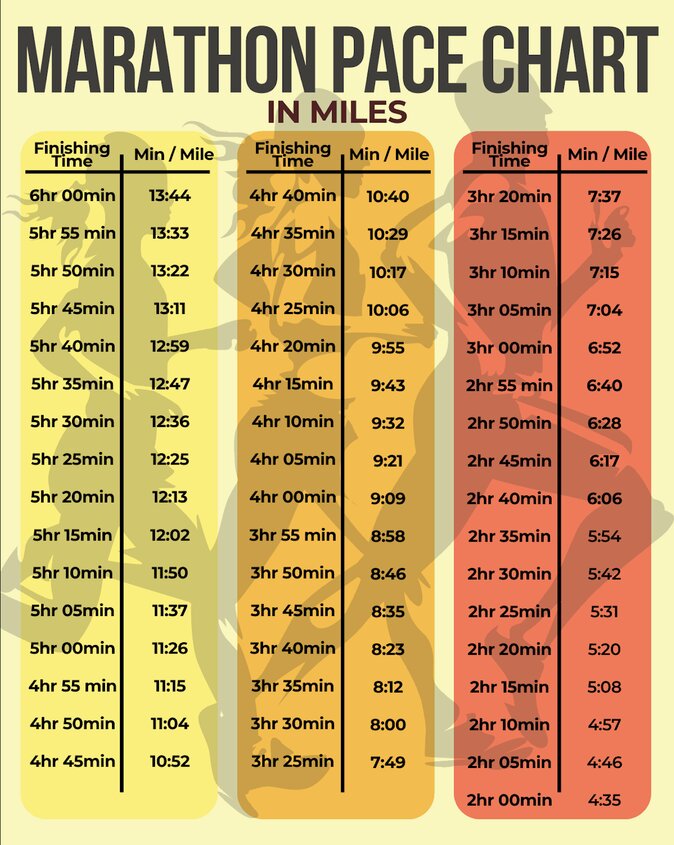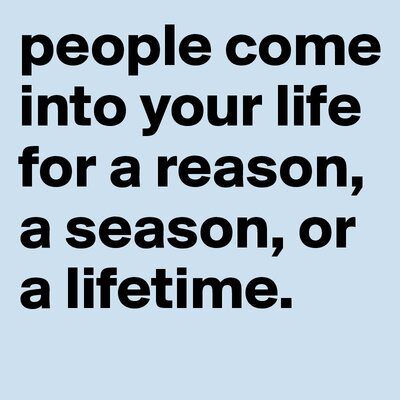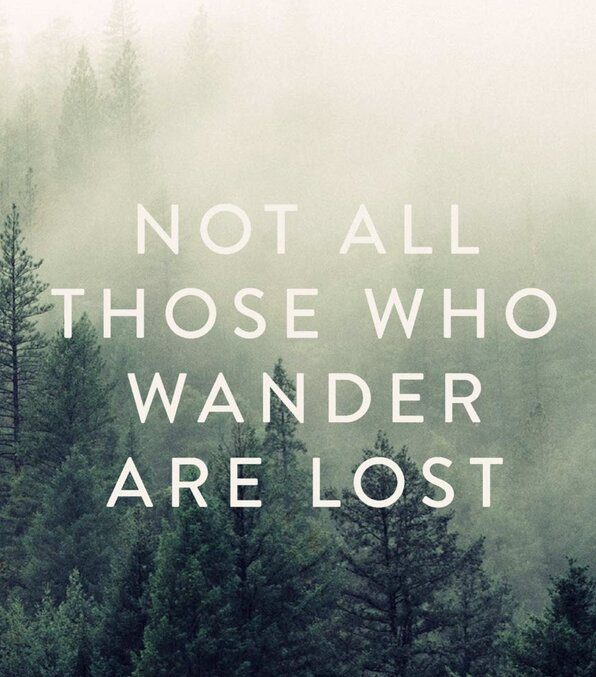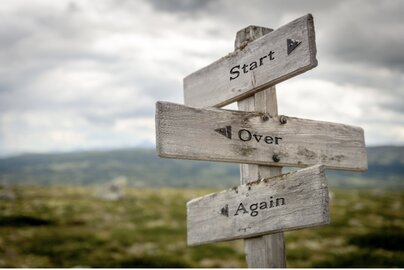“The ultimate measure of a man is not where he stands in moments of comfort and convenience, but where he stands at times of challenge and controversy.” – Martin Luther King, Jr.
A young lady went home to visit her mother and told her about her life and how things were so hard for her. She was tired, upset, and annoyed at all these difficulties. Often, she wanted to run away or give up. Her mother listened empathetically, then took the daughter to the kitchen. She filled three pots with water and boiled the water.
She then put a carrot in the first pot, an egg in the second pot, and coffee beans in the third pot. After twenty minutes or so, she turned off the fire and put all three items in separate bowls.
She put these three bowls on the dining table and asked her daughter, “What do you see?”
Intrigued, the daughter replied, “A carrot, an egg, and coffee.”
